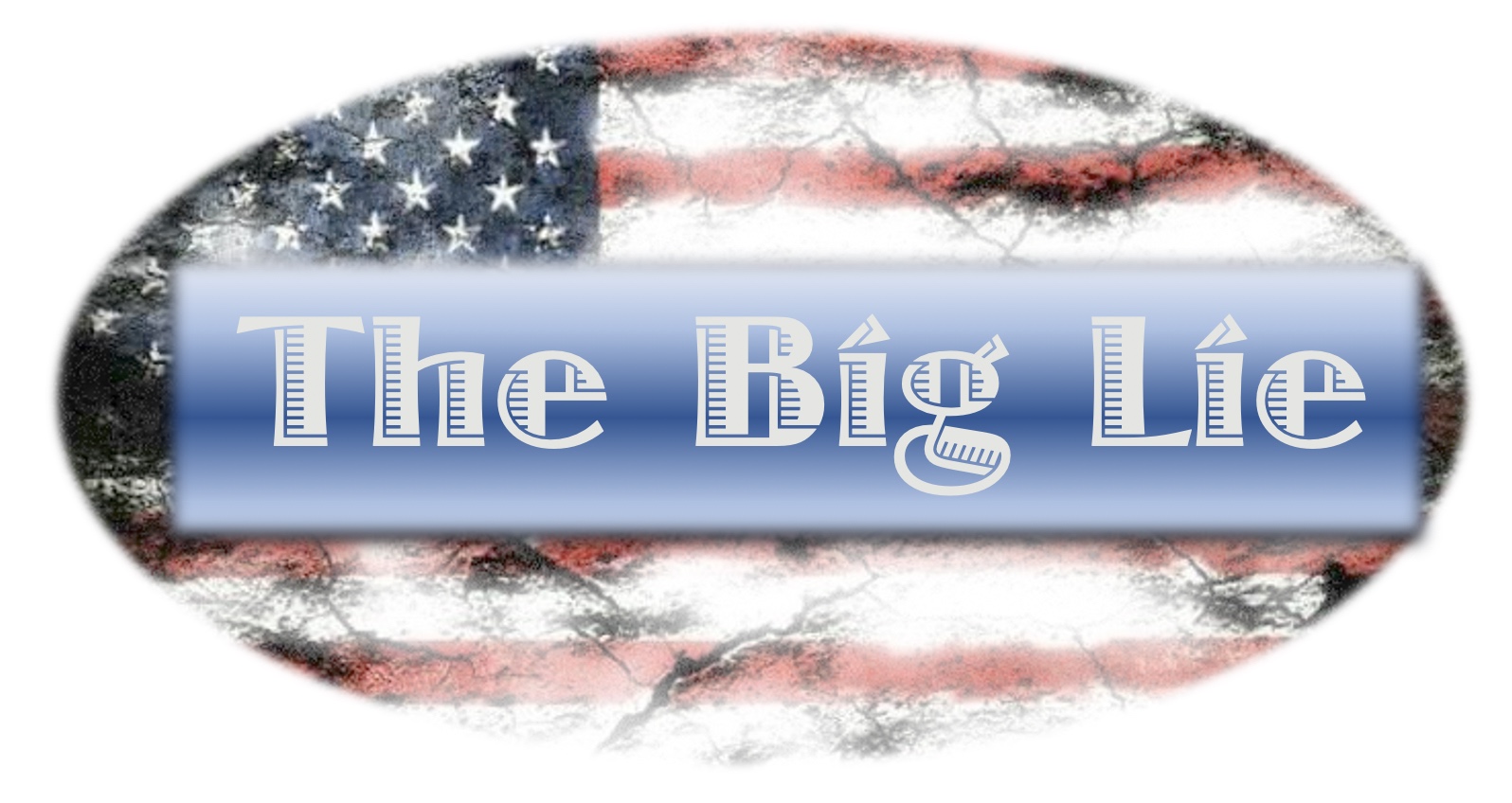The “big lie” is destroying our country. When Liz Cheney was deposed from GOP leadership, she said, “we cannot both embrace the big lie and the Constitution.” Cheney was referring to the lie that the 2020 election was stolen from Trump.
Trump sees things differently. In early May, Trump proclaimed, “The Fraudulent Presidential Election of 2020 will be, from this day forth, known as THE BIG LIE!” Cheney responded, “The 2020 presidential election was not stolen. Anyone who claims it was is spreading THE BIG LIE, turning their back on the rule of law, and poisoning our democratic system.”
Unfortunately, this venom is already wreaking havoc. Half of Republicans believe that Biden was not legitimately elected. And this past week, 124 retired generals and admirals signed a letter claiming that a “tyrannical government” of socialists and Marxists has taken over. The letter also maligns the Supreme Court for ignoring “irregularities” in the 2020 election.TOP
Who should we believe? In asking this question we wander in a toxic fog. Who can we trust when the authorities and “we, the people” are so divided?
Big political lies have a long lineage. Plato suggested that the masses should be fed lies to maintain social order. Hitler said that “the primitive simplicity” of the masses leaves them susceptible to big lies. The big lie festers in the mind. You don’t have to fully believe it for it to work. Big lies throw us off balance. The authorities take advantage of our disorientation.
Big tangled webs of lies are found everywhere: in states, churches, families and businesses. Ordinary people have a difficult time sorting out the truth about pedophile priests and party purges. Some turn away in disgust. Others simply fall in line with a shrug and a sigh. This happens in families and businesses where people smile and wave despite the skeletons in the closet.
Vaclav Havel, the dissident who became president of Czechoslovakia, explained that people can live their entire lives within a network of lies. Communist regimes were based upon layers of falsehood that no one believed.
In Czechoslovakia, on Havel’s telling, individuals went through the motions. Silent conformity was sufficient for the “thick crust of lies” to endure. But this veneer is shattered when enough people simply live in truth. This is not heroic truth-telling. Rather, it is what happens when people stop saluting, stop repeating the mantras, and simply ignore political nonsense.
Of course, those in power cannot tolerate this. In the old days, the powerful would imprison non-conformists and kill truth-tellers. But in the age of advertising, confusion suffices. Propaganda baffles us, while the powerful pick our pockets.
Distrust and confusion are disastrous for democracy. When each party accuses the other of lying about the legitimacy of elections, we reach an impasse. We must either pick a side or throw up our hands in despair. Each option is inadequate.
If we pick a side — even the side that is objectively true — this means we must believe that the other side is malicious, devious, and untrustworthy. Democrats applaud Cheney, believing that Trump and his minions are big fat liars. But Republicans view Cheney as a traitor. They think that the Democrats are devious devils who stole the election. This polarization prevents cooperation. It is not possible to cooperate with a party that does not play by the rules or tell the truth.
And if we do not pick a side but, rather, retreat in despair and cynicism? Well, this also destroys democracy. All of this lie-mongering is leading many to conclude that the entire political class is a viper’s nest of hissing liars.
Nothing is more corrosive of democracy than cynical despair. Why vote if elections are rigged? Why pay taxes if tyrannical usurpers are in office? Why bother to go through the motions if the whole system is a crust of lies?
These are the frightening questions that arise in a country that is falling apart. The truth is that no political community lasts forever. Athens collapsed, as did Czechoslovakia. No family, church, or business can endure without confronting the skeletons in the closet. And no democracy can endure when each party accuses the other of lying about democracy itself.




